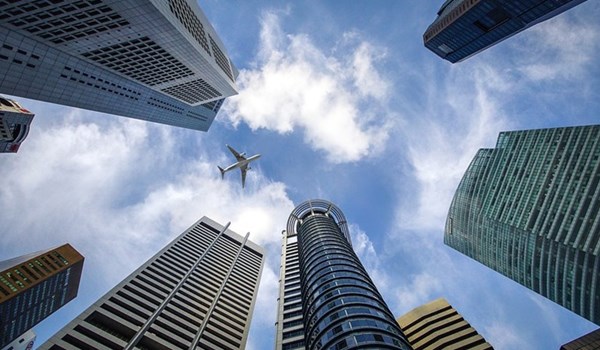Jurisdictions
Regions
Industry Sectors
12/08/22
SINGAPORE: Fund scheme lures investors as scrutiny of offshore tax havens grows.

As published on ft.com, Friday 12 August, 2022.
Singapore is welcoming more than a dozen investment funds every month under a new scheme designed to lure money from rival low-tax jurisdictions.
The city-state in 2020 established a corporate structure, called a Variable Capital Company, that offers local investment managers significant financial incentives and freedom from public disclosures.
Until June this year, 590 such vehicles have been set up, data published by Singapore’s accounting authority show. This includes at least 15 funds that relocated to Singapore from tax havens such as the Cayman Islands, Mauritius and the Bahamas, according to a separate report produced by the Monetary Authority of Singapore and seen by the Financial Times.
The figures highlight how fund managers who traditionally looked to jurisdictions such as the Cayman Islands are seeking an alternative home for their assets, said industry executives.
“What Singapore has done is compile the same advantages of [offshore] funds,” said one fund management executive.
“With increasing scrutiny of tax affairs . . . the burden of proof is on businesses to show why [your assets are abroad],” the person said. “The future lies with onshore jurisdictions.”
Although Singapore itself has long been a popular destination for investors seeking low-tax jurisdictions, with a below-average corporate levy of 17 per cent, tax havens are being threatened with growing international scrutiny.
In recent years, the allure of offshore funds has been tarnished by a string of controversies, thrusting many into the global spotlight.
Leaks including the Panama and Pandora Papers have exposed how the rich use tax havens to hide their wealth, mobilising regulators to push for a global minimum tax. Recent international efforts to target the assets of Russian oligarchs have only intensified scrutiny.
Against this backdrop, Singapore launched its VCC structure in January 2020. As long as they have operations in Singapore, funds can receive income tax exemptions and the MAS will cover up to S$150,000 (US$109,000) of setting-up costs.
Unlike other companies incorporated in Singapore, financial statements and records of investors in VCCs are not available publicly.
The scheme is a “game changer” that will “facilitate re-domiciliation”, said Singapore’s deputy finance minister in 2018, when the bill enabling VCCs was passed.
Anuj Kagalwala, head of asset and wealth management tax at PwC’s Singapore business, said investors were drawn to the city-state’s combination of low taxes and respectability.
Kagalwala said the privacy offered by VCCs was not the core attraction for investors. But “it’s definitely something that clients like”.
For funds to prove they are based in Singapore and eligible to set up a VCC, they require a local fund management licence as well as one director who lives in the city-state.
One fund management professional said Singapore was striking a balance by offering the allure of a reputable financial centre but retaining some incentives of offshore tax havens.
For wealthy foreigners, it remains “an attractive location to squirrel their money away”, the person said. “It is an established jurisdiction. But Singapore is still regarded as offshore because it has lower taxes. It is still trying to thread the needle.”
MAS said the VCC scheme is intended to “increase Singapore’s attractiveness as a leading full-service fund management hub”, offering “greater operational flexibility and cost savings”.



